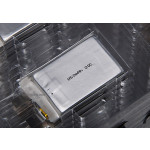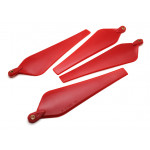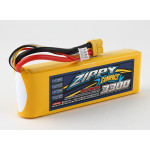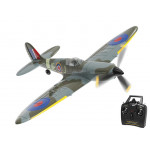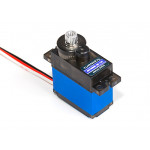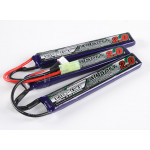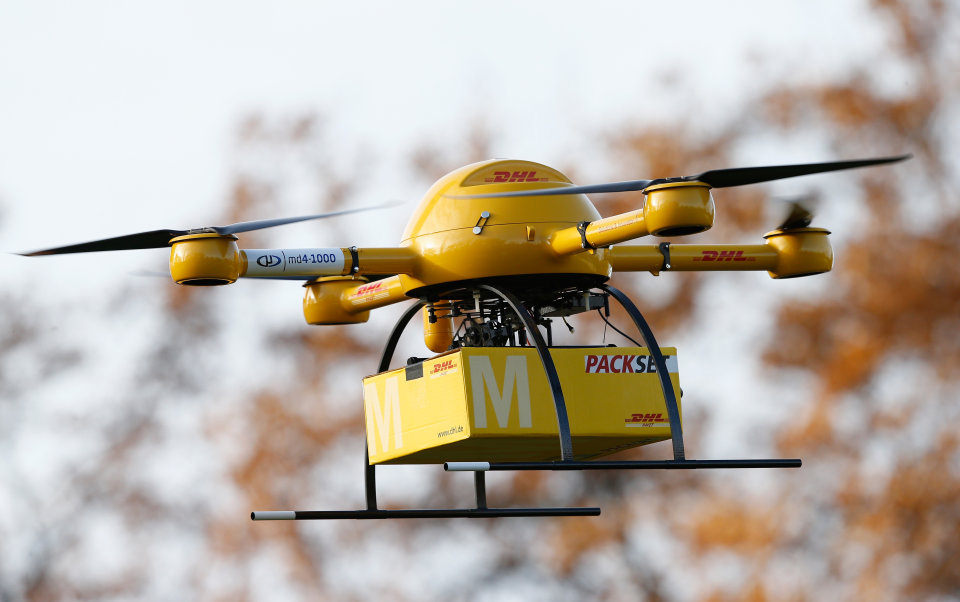
Many major drone operators, including those who are part of the Commercial Drone Alliance (not be mistaken for the Alliance for Drone Innovation), have called for a repeal of Section 336.
The law that the alliance is trying to repeal currently protects the hobbyist from some formidable rules and regulations that would not massively be effective in improving safety or security. Rather it will make recreational flying more inaccessible, as it will become more difficult and more expensive. 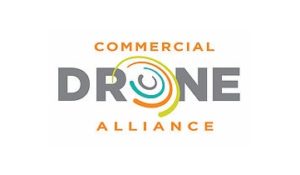 The law, Section 336, that they are trying to repeal is part of the FAA Modernization and Reform Act of 2012, which currently prohibits the FAA from regulating qualifying model aircraft. Its purpose is to regulate model aircraft to operate “in accordance with a community-based set of safety guidelines and within the programming of a nationwide community-based organization.” Arguably, what the Commercial Drone Alliance is asking may once again limit certain model aircraft that don’t need this level of safety measures. The success of Section 336 for hobbyists is displayed through FAA members Academy of Model Aeronautics (AMA) who have had an eighty-year record of safe model aircraft operations and this hasn’t changed since the law was passed or the rise of drones in the last six or so years. Under current law, hobby flyers who don’t meet the requirement of Section 336 will be required to hold an FAA drone pilot certificate. This will require that they fly with the same rules as commercial drone pilots, under the Federal Aviation Regulations in Part 107, which are the same rules as commercial drone flyers. In their press release, the Commercial Drone Alliance suggests a revised Part 107 which will allow the FAA to regulate UAS and the National Airspace ‘in a common-sense way’. The main objective of the Commercial Drone Alliance’s call to repeal Section 336 is to ensure that ALL drones require remote identification and are given the same regulation, regardless of drone use, in the interest of safety. In their statement, they say “An approach giving preferential treatment to hobbyists has clear and adverse implications for the safety and efficiency of the National Airspace System, public safety, and the efficacy of future Unmanned Aircraft Systems Traffic Management (UTM) systems.”
The law, Section 336, that they are trying to repeal is part of the FAA Modernization and Reform Act of 2012, which currently prohibits the FAA from regulating qualifying model aircraft. Its purpose is to regulate model aircraft to operate “in accordance with a community-based set of safety guidelines and within the programming of a nationwide community-based organization.” Arguably, what the Commercial Drone Alliance is asking may once again limit certain model aircraft that don’t need this level of safety measures. The success of Section 336 for hobbyists is displayed through FAA members Academy of Model Aeronautics (AMA) who have had an eighty-year record of safe model aircraft operations and this hasn’t changed since the law was passed or the rise of drones in the last six or so years. Under current law, hobby flyers who don’t meet the requirement of Section 336 will be required to hold an FAA drone pilot certificate. This will require that they fly with the same rules as commercial drone pilots, under the Federal Aviation Regulations in Part 107, which are the same rules as commercial drone flyers. In their press release, the Commercial Drone Alliance suggests a revised Part 107 which will allow the FAA to regulate UAS and the National Airspace ‘in a common-sense way’. The main objective of the Commercial Drone Alliance’s call to repeal Section 336 is to ensure that ALL drones require remote identification and are given the same regulation, regardless of drone use, in the interest of safety. In their statement, they say “An approach giving preferential treatment to hobbyists has clear and adverse implications for the safety and efficiency of the National Airspace System, public safety, and the efficacy of future Unmanned Aircraft Systems Traffic Management (UTM) systems.”  While the Commercial Drone Alliance is technically an independent nonprofit, its members are led by key industry figures of the commercial drone industry. Some of their members include CNN, Ford Motor Company, Project Wing, and more. So while the alliance claims that its intention to repeal is in the interest of public safety and efficiency, it is seemingly obvious that many members are financially invested in the commercial drone industry and thus their calls for repeal are not without bias. In response to this, AMA has shared their disagreement with the alliance “While we support commercial drone endeavors, Congress should not allow for-profit companies to dictate legislation abolishing a segment of the hobby with a strong, eighty-plus year safety record. We need to advance drone deliveries in such a way that manned aircraft, commercial drone operators and hobbyists all operate safely and harmoniously together, as manned aviation and model aviation has done for decades. No one group has a greater claim to the nation’s airspace than any other.” It is clear that if Commercial Drone Alliance is successful in repealing Section 336, it will have adverse effects on the hobby flyer. While hobby flyers are not always 100 percent flying responsibly either, greater education from these regulators will ensure greater safety without having such strict limitations on the hobbyist. Tell us your thoughts on the matter in the comment section below.
While the Commercial Drone Alliance is technically an independent nonprofit, its members are led by key industry figures of the commercial drone industry. Some of their members include CNN, Ford Motor Company, Project Wing, and more. So while the alliance claims that its intention to repeal is in the interest of public safety and efficiency, it is seemingly obvious that many members are financially invested in the commercial drone industry and thus their calls for repeal are not without bias. In response to this, AMA has shared their disagreement with the alliance “While we support commercial drone endeavors, Congress should not allow for-profit companies to dictate legislation abolishing a segment of the hobby with a strong, eighty-plus year safety record. We need to advance drone deliveries in such a way that manned aircraft, commercial drone operators and hobbyists all operate safely and harmoniously together, as manned aviation and model aviation has done for decades. No one group has a greater claim to the nation’s airspace than any other.” It is clear that if Commercial Drone Alliance is successful in repealing Section 336, it will have adverse effects on the hobby flyer. While hobby flyers are not always 100 percent flying responsibly either, greater education from these regulators will ensure greater safety without having such strict limitations on the hobbyist. Tell us your thoughts on the matter in the comment section below.
Hear it First: Join our Mailing List
Sign up to receive new product updates, exclusive discounts, news, and more!

